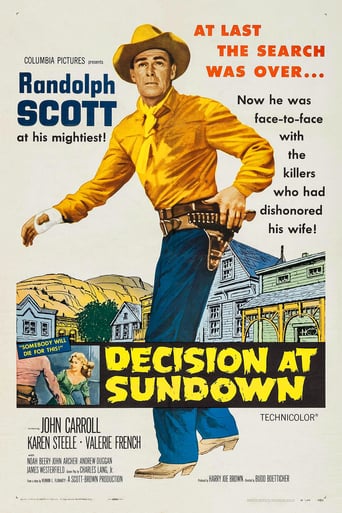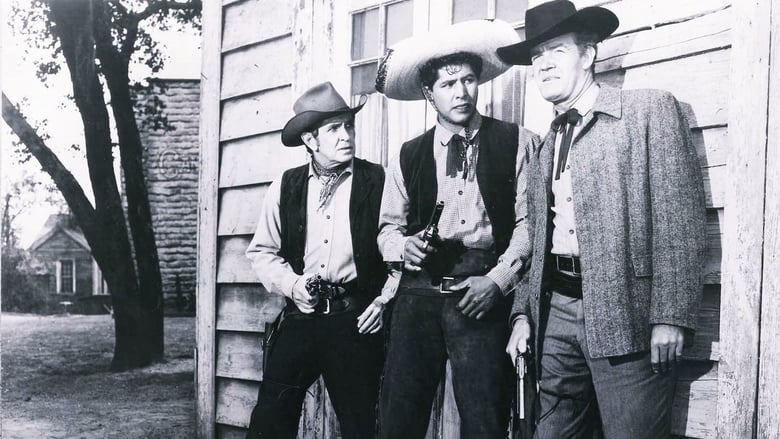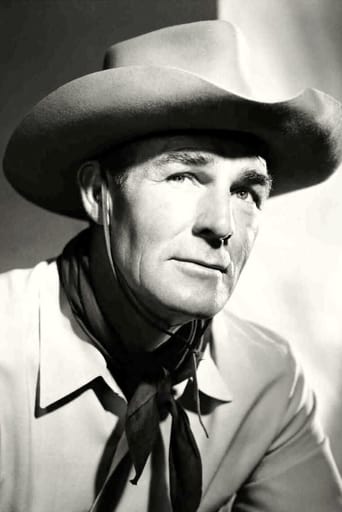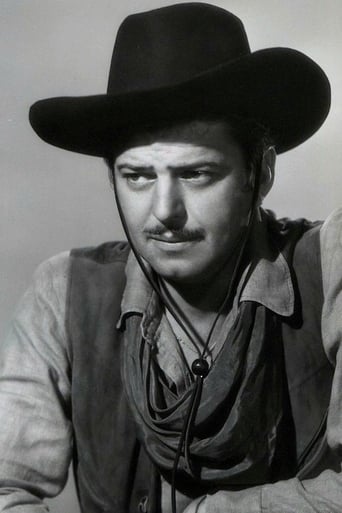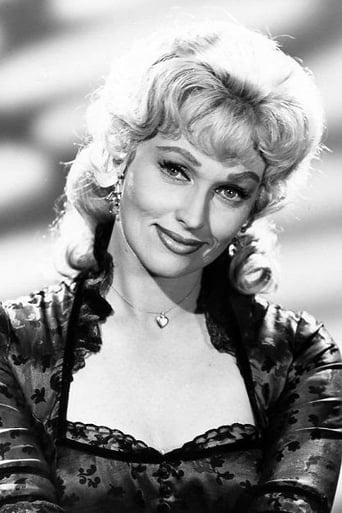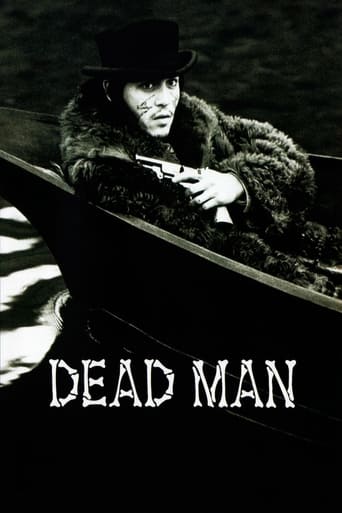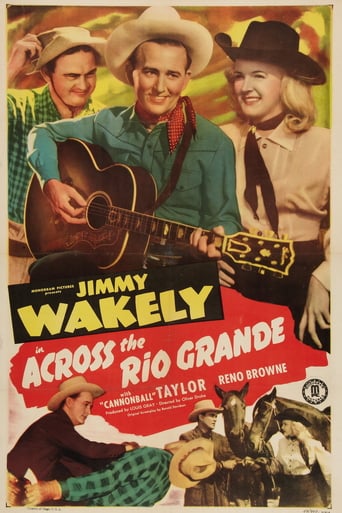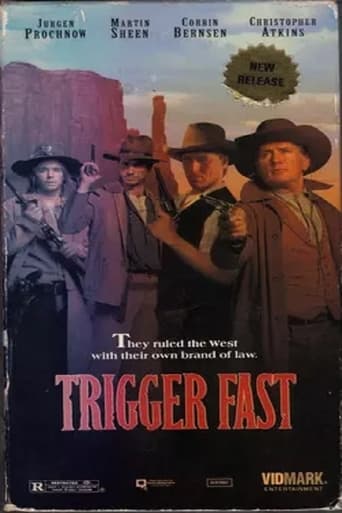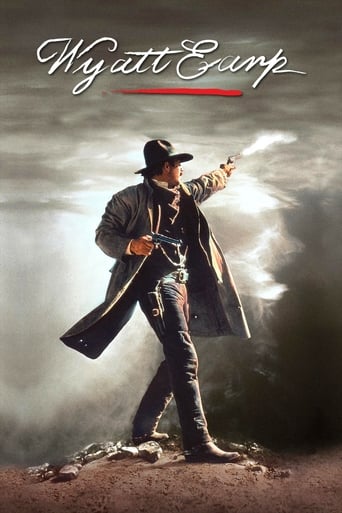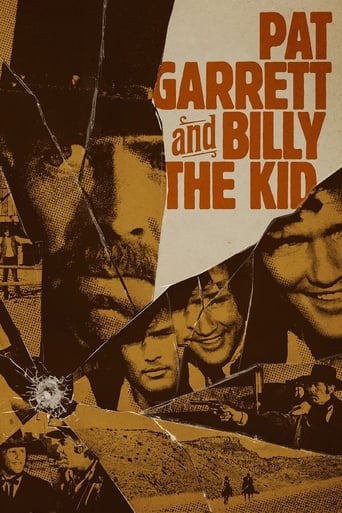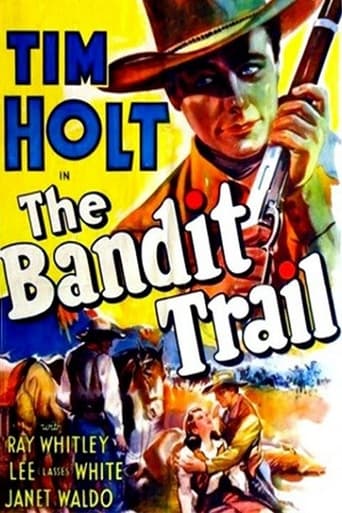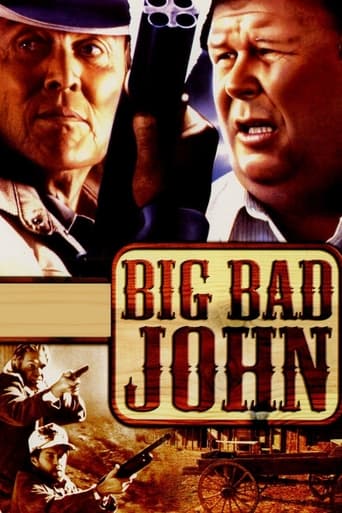Decision at Sundown (1957)
A man and his partner arrive at a small Western town to kill its most powerful man because the former blames him for his wife's death.
Watch Trailer
Cast
Similar titles
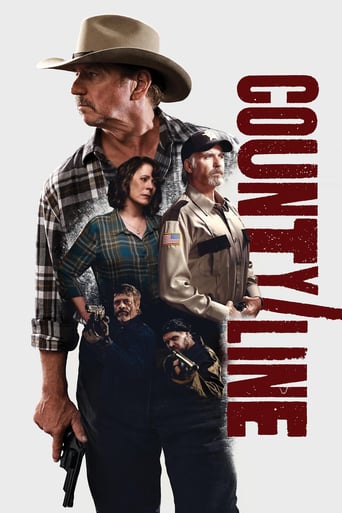
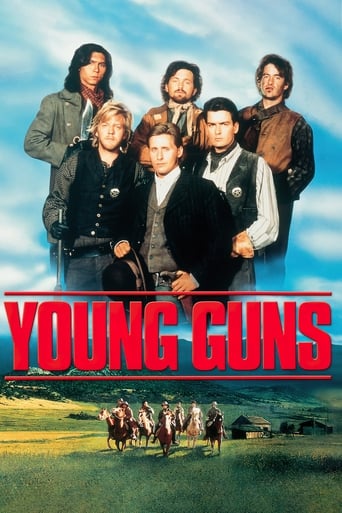
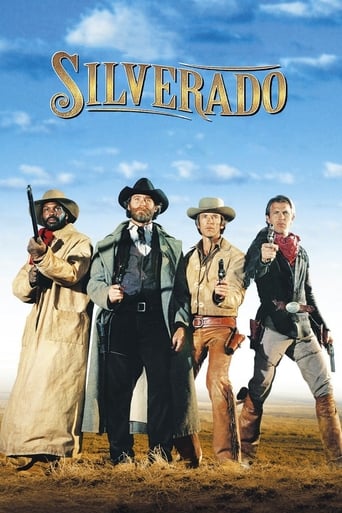
Reviews
Fresh and Exciting
It's not great by any means, but it's a pretty good movie that didn't leave me filled with regret for investing time in it.
The film makes a home in your brain and the only cure is to see it again.
Excellent and certainly provocative... If nothing else, the film is a real conversation starter.
Playing with the typical Randolph Scott-Ranown formula makes for an unsettling yet intriguing Western movie experience, a story about a good man out for the sort of vengeance that lessens him, even as he retains our rooting interest.Bart Allison (Scott) rides into the town of Sundown with one thing on his mind: Doing in the man that drove his wife to her death. As he rides in with his buddy Sam (Noah Beery, Jr.), we learn that this man, Tate Kimbrough (John Carroll) owns Sundown for all intents and purposes and has made many people there unhappy."Glad to hear he's doin' so well," Allison says of Kimbrough early on. "When a man's ridin' high, the ground comes up and hits him a lot harder when he falls."The trick of the movie is learning that Kimbrough's not the only person this sentiment applies to. Allison's been riding high himself on false notions of honor and justice that will leave him in a dark place indeed by film's end.Scott is a good guy in the film, but only barely. The opening scenes establish this well, when we see Allison stop a stage he's riding in at gunpoint. Is he holding it up? Randolph Scott? No, not quite, but he's establishing his character as an ornery, unreasonable cuss, not to mention a trifle too quick for his own good. He's supposed to be met when he stops the stage, but Sam's a bit slow, and there's an awkward moment where he's just standing there looking foolish while the others on the stage gawk at him which is kind of priceless.The John Wayne western "Rio Bravo" is sometimes described as an anti-"High Noon" film, but that idea seems more at home here. Like in "High Noon," the town of Sundown is established as a rancid sort of place, not only because of Kimbrough but for the people who tolerate his rule. Allison may be the lone figure of justice a la Gary Cooper in "High Noon," but is he the right man for the job of cleaning Sundown up?The early evidence indicates not. Confronting Kimbrough at the latter's wedding, he serves notice he plans to kill the guy, then runs away as Kimbrough's hired guns drive him and Sam into a livery stable, and lay siege.Sam can't believe his partner did such a fool thing. Even rattlesnakes give warning, an unruffled and vaguely amused Allison tells him."If they gave as much advance notice as you're giving that Kimbrough, rattlesnakes would be as out-of-date as them diny-ah- sores," Sam replies.Beery makes for a fine sidekick as always. Even better is Carroll as the film's heavy. Director Budd Boetticher always made sure he challenged Scott with a good bad guy, more complex than the usual ranch trash. Here, he lets us discover Kimbrough's bad side, a smooth operator who lets others do his dirty work, before turning the tables on us by showing he's not so vile in his way.Carroll made a career as a kind of B-movie Clark Gable, a cocksure ladies' man which he plays here, but here he invests Kimbrough with shades of, well, not exactly decency, but enough common sense to wonder what Allison's really up to. By the end of the film, you are rightly torn as to whether Allison's brand of vengeance is really in order."Decision At Sundown" may be too offbeat in its aims to earn a high place among the Ranown run. It's too unfocused in places, so intent on presenting Allison's complexities in a way Scott's down-the- middle characterization doesn't allow for. The action is too fitful, the relationships somewhat underserved, and the final scenes strain at a sort of significance everything else in the movie undercuts ("I'll tell you one thing, none of us will ever forget the day that Bart Allison spent in Sundown," a philosophizing town doctor explains at the end, which hardly seems to cover it.)Yet "Decision At Sundown" is a good movie for those who don't mind sacrificing a bit of the usual gunplay for a more probing examination of Western conventions. At under 80 minutes, it fills the time well enough, but its real strength is how it leaves you thinking after.
What a quandary: a Budd Boetticher western that takes place within the city limits, for one thing (as opposed to where it should've transpired, like among a stand of trees or an outcropping of rock or a lean-to); three women (more than you can shake a six-shooter at, two of them still kicking, one long gone); talkative townsfolk (and plenty of them, too, crowding into every shot and babbling their fool heads off); a villain who hasn't really done anybody wrong (which makes Randolph Scott's "vendetta" seem, in retrospect, more than a little wonky); a 1950s television sensibility that permeates the whole thing (thanks to some uninspired lighting and cinematography)... For the very first time since I happened across 7 MEN FROM NOW, I was disappointed by a Boetticher western. I'm keeping my fingers crossed that this one was the exception to the rule.
"Decision at Sundown" (a doubtless deliberately misleading title -- "Sundown" turns out to be not a time but a place) is an off-beat Western that uses genre conventions to keep the audience guessing right from the hold-up at the start; nice to see the 'bad girl' survive to get the man, for example! Nothing is quite as certain as it seems, including the question of whether moral certainty is actually a good thing...I'd recently heard that Randolph Scott and Budd Boetticher were a good combination to look out for, and watched this film on that basis simply because I happened to notice it in the TV listings two or three minutes before it was scheduled to start: I had other plans for the afternoon and mentally reserved the option to switch off and abandon the film if it didn't hold my interest. But it soon displayed a sure hand at sketching in characters and letting slip vital, concise bits of information to question what we thought we already knew -- the basic plot strains plausibility a little (the script clearly feels the need to acknowledge and justify this, and, to do it justice, it does do a valiant job at providing the necessary character rationales), but it's very watchable. By the end we're not quite sure *whose* side we ought to be on -- I for one didn't find the belated semi-legal righteousness of the townsfolk terribly attractive, although I think this was probably the line intended by the script -- as unexpected characters admit weakness and the expectations of the genre no longer seem to offer a satisfactory outcome.I was actually reminded of "Terror in a Texas Town", another unexpected Western, although on the face of it the two have little in common. Leonard Maltin complains that this film is too wordy, and perhaps the doctor's philosophising is the one element that tends to be overdone rather than understated: but the film isn't about galloping cowboys and quick-draw shootouts (although it briefly has both) but about the psychological strains that culminate in the decision of the title. It is certainly worth watching, and veers on the edge of being very good indeed. My gut instinct, after a few hours' rumination, is that it just fails on the latter, but it's an honourable failure.
This film pretty much maintains all its scenes within the town of Sundown, where Bart Allison (Randolph Scott) and his partner Sam (Noah Beery) arrive on the day of the marriage of Tate Kimbrough (John Carroll) to Lucy Summerton (Karen Steele). As such, it lacks the scenic outdoor beauty that a lot of 50s westerns took advantage of, and instead builds up a more or less interesting story behind the vengeful character played by Scott. The town of Sundown is under the control of Kimbrough who's marrying Lucy though his real girlfriend is Ruby James (Valerie French) who works at the saloon. The film is a little to staged but features a well drawn out gunfight where Scott and Beery are holed up in a livery stable while Kimbrough's men shoot out the windows from various strategic locations. For a western, Scott's role is quite extraordinary, and though you think all of the characters are stereotypes, the story expands enough to give them some interesting individuality.
